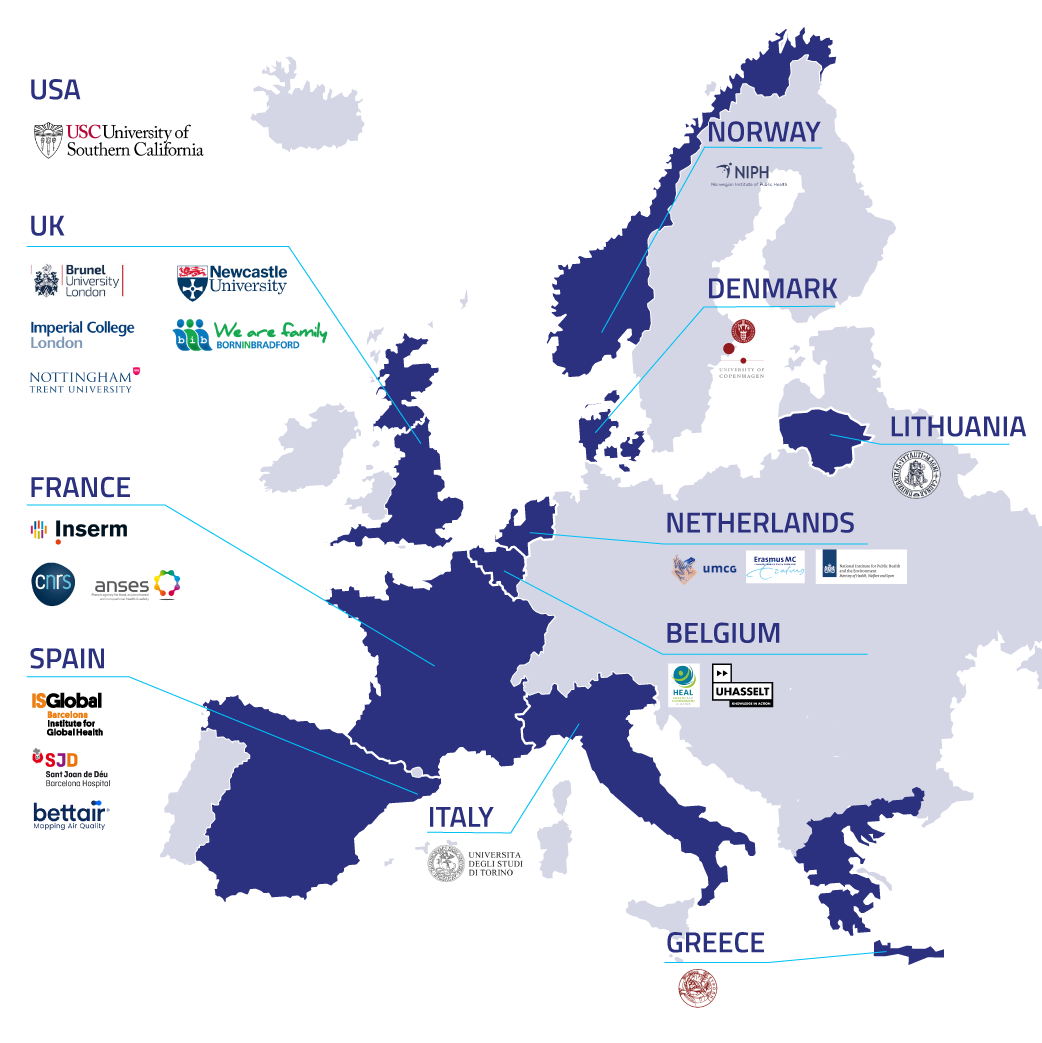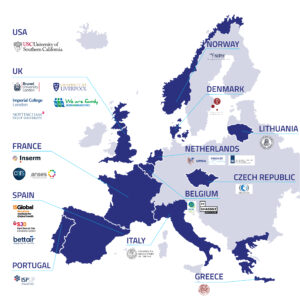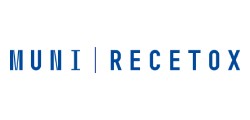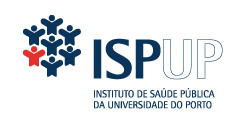About the Consortium
ATHLETE brings together researchers from all corners of the European continente. The consortium includes public and private research groups and SMEs, and contains 24 partners from 12 European countries and one from the United States. ATHLETE partners not only represent research institutes and universities, but also national public and environmental health institutes (ANSES, RIVM, NIPH) and an NGO (HEAL). This diversity adds to the value of translating scientific results directly to a local, national and European setting and provides strong support for EU policy implementation.
Project expertise is ensured by a team of highly knowledgeable researchers with comprehensive and complementary experience in exposure assessment, environmental epidemiology, longitudinal birth cohort research, biomarkers/human biomonitoring, GIS/remote sensing, molecular epidemiology, metabolomics, epigenomics, microbiome, mixture toxicology, quantitative risk assessment and health impact assessment, statistics, bioinformatics, economics, obstetrics, paediatrics, software development, data science and IT, and environmental health policy, communication and dissemination.
About the Consortium

ATHLETE brings together researchers from all corners of Europe. The consortium includes public, private research groups and SMEs, and contains 22 partners from 11 European countries and one from the US. ATHLETE partners not only represent research institutes and universities, but also national public and environmental health institutes (ANSES, RIVM, NIPH) and an NGO (HEAL) completely dedicated to dealing with stakeholders. This adds to the value of translating scientific results directly to a local, national and European setting and provides strong support for EU policy implementation.
Project expertise is ensured by a team of highly knowledgeable researchers with comprehensive and complementary experience in exposure assessment, environmental epidemiology, longitudinal birth cohort research, biomarkers/human biomonitoring, GIS/remote sensing, molecular epidemiology, metabolomics, epigenomics, microbiome, mixture toxicology, quantitative risk assessment and health impact assessment, statistics, bioinformatics, economics, obstetrics, paediatrics, software development, data science and IT, and environmental health policy, communication and dissemination.


